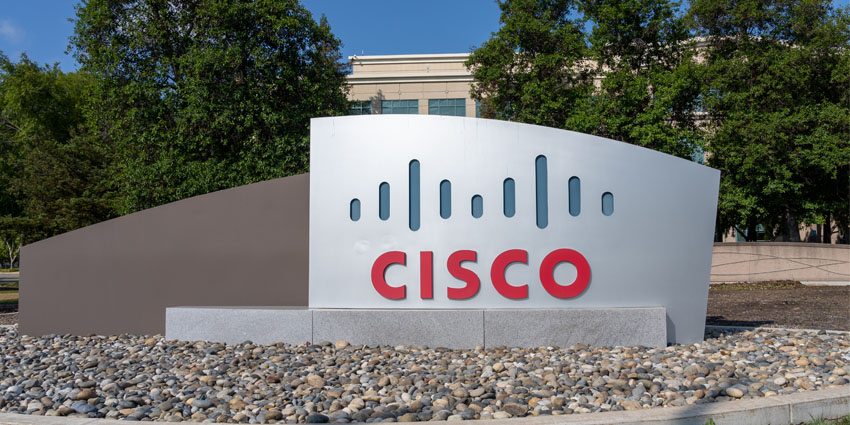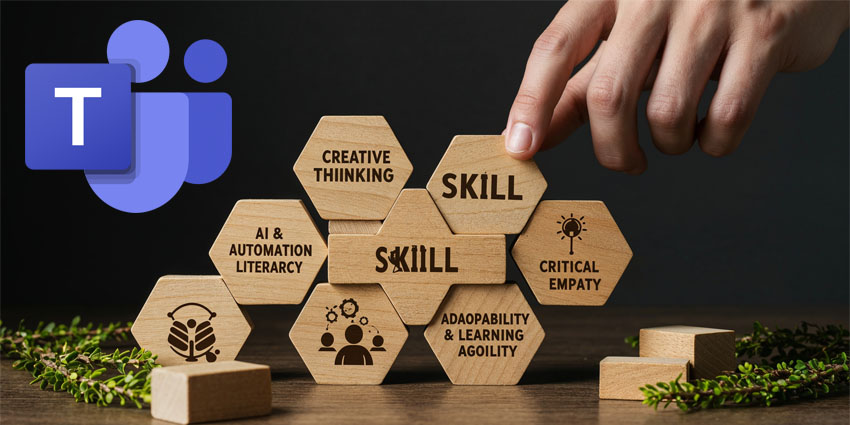Microsoft has been making waves in the communications landscape for some time now. Focusing on the evolving “future of work,” the company has introduced a host of tools for both internal and external communications.
For collaboration and internal business comms, Microsoft offers the comprehensive Teams platform. This solution supports customer interactions, as well as chat, video, and calling for staff members. On the customer service side, Microsoft empowers business leaders with Dynamics 365, a comprehensive ERP (Enterprise Resource Planning) and CRM (Customer Relationship Management) service.
However, while the company has begun experimenting with CCaaS solutions in the form of the “Digital Contact Center” platform, many companies still rely on certified integrations to bring all of the core components of Microsoft’s UC and CX tools together.
Here’s how certified contact centers are leveraging robust integrations with Microsoft, to unlock more opportunities in Teams, Dynamics 365, and the wider business landscape.
“Microsoft Digital Contact Center is a powerful platform offering a framework to seamlessly integrate systems and drive real efficiency across an organisation, we’re seeing existing clients invest further with Microsoft and reap the benefits in terms of customer satisfaction and cost savings.” says Chris Goodwill, Strategic Partner Manager and Solutions Specialist at Symity.
What are Microsoft Certified Contact Centers?
Part of what makes the Microsoft ecosystem such a compelling choice for business leaders is its flexibility. While Microsoft excels in offering a wide variety of technologies to companies of all sizes, it also recognizes its limitations in certain areas, such as the contact center landscape.
For instance, Microsoft Teams offers access to call center features like auto attendant, call queuing, and voicemail, but it lacks the more advanced features CX leaders need. That’s why Microsoft created its certification program, validating contact center partners to offer solutions that optimize and enhance the CX functions of Microsoft Teams.
“With the advent of Microsoft Azure AI services including Copilot, the Microsoft Digital Contact Center platform will get stronger and new AI and Cognitive Services will unleash a new phase of Customer Experience for organisations” says Chris Goodwill.
Certified contact center providers undergo stringent testing from Microsoft, to ensure their solutions can provide a reliable, native solution for platforms like Microsoft Teams. “Solutions Partners” are certified for their ability to deliver calling functionality within Teams, as well as other critical features, such as reporting and routing tools.
Microsoft’s certification program also allows contact center providers to connect with the Teams platform in a variety of ways, including:
- The Connect Model: Using certified SBCs and direct routing to connect a contact center platform (CCaaS) to the Teams ecosystem.
- The Extend Model: Leveraging Microsoft Graph Communication APIs and Azure bots to create contact center applications for Teams.
- The Power Model: Using SDK technology to implement native Teams experience into an existing contact center app or solution.
What are Dynamics 365 Integrations?
Microsoft’s flexible partnership solutions also go beyond simply allowing contact center leaders to integrate their solutions with Teams. Certified partners can also leverage integrations with other complementary tools, to create an all-in-one customer experience solution for business leaders.
For instance, Microsoft Dynamics, the ERM and CRM solution from Microsoft, can easily integrate with a host of other Microsoft tools, as well as third-party applications. This integration allows partners to build a comprehensive toolkit of Microsoft resources, which align with a company’s contact center functionality and requirements.
In 2021, Microsoft also announced the development of its own Digital Contact Center platform, which combines tools within Dynamics with Microsoft Teams, and other intuitive features, such as the emerging Microsoft Copilot solution.
Not only does this comprehensive contact center toolkit from Microsoft align a number of existing tools within the company’s ecosystem, but it offers integration options too. Certified contact center providers within the Microsoft landscape can integrate with Microsoft Dynamics, and the other tools within the Microsoft Digital Contact center space, to create bespoke solutions for businesses.
Certified contact center vendors can use APIs and the Microsoft Graph to align multiple tools within the Microsoft landscape with a company’s contact center solution. This minimizes the need to jump between apps to access different tools, and creates an end-to-end solution for business data.
This means companies can leverage all of the most powerful Microsoft products, such as Teams, Dynamics 365, and the Power Platform, while also taking advantage of the omnichannel engagement, routing, and analytics options offered by their contact center vendor.
How Microsoft Certified Contact Centers Empower Teams
Microsoft certified contact center providers allow companies to unlock the full advantages of the Microsoft ecosystem for collaboration, CRM, and ERP functionality. They can integrate not just with Teams, but with Microsoft Dynamics 365, and the Power platform, to create a custom contact center solution that works natively with a company’s existing tools.
With a certified contact center partner, companies can optimize collaboration and customer dialogue management, through bespoke Microsoft Teams contact center solutions, integrated with their Dynamics ERP and CRM systems.
Leading contact center solutions certified for Microsoft offer end-to-end solutions for the design, development, and deployment of services in the Microsoft landscape. They help companies to get the most out of their investment in customer-facing technologies. Plus, they can work closely with clients to discover their current voice and communication requirements, and future goals.
These partners not only provide the technology companies need to unlock the power of a full Microsoft contact center and CRM solution, but the expertise too. Many partners can provide comprehensive technical support, specialist skills, and extensive practical experience.
Choosing a Microsoft Certified Contact Center
With a Microsoft Certified Contact Center, companies can take their investment in Microsoft Teams and other solutions to the next level. The challenge is in choosing the best vendor. If your company already leverages Dynamics 365 for customer relationship management, voice interactions, and enterprise resource planning, you’ll need to find a partner offering a robust integration solution.
This means selecting a partner with support for both Microsoft Teams, and the Dynamics platform. The right vendor should be able to align all of your Microsoft resources in the same ecosystem, improving productivity, and efficiency, while reducing operational costs.
While there are various vendors available to choose from today, the best solutions are often provided from specialists who have proven their commitment to the Microsoft ecosystem. Business leaders should look for a Microsoft Solutions partner with advanced specialisms in calling, teamwork deployment, collaboration, and more.
With the right vendor, you can align your Microsoft ecosystem, and drive new opportunities for your contact center, and your business.







